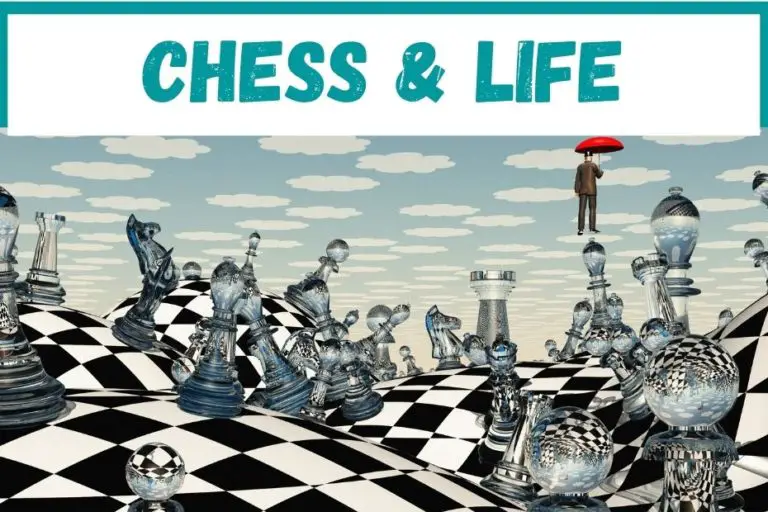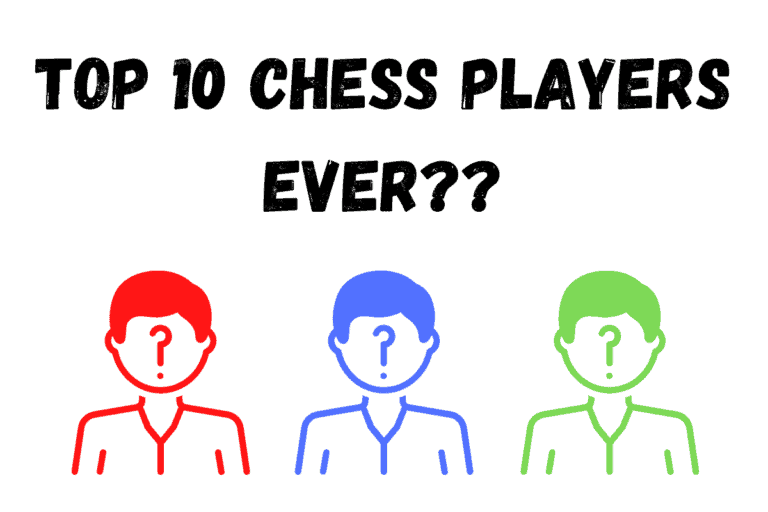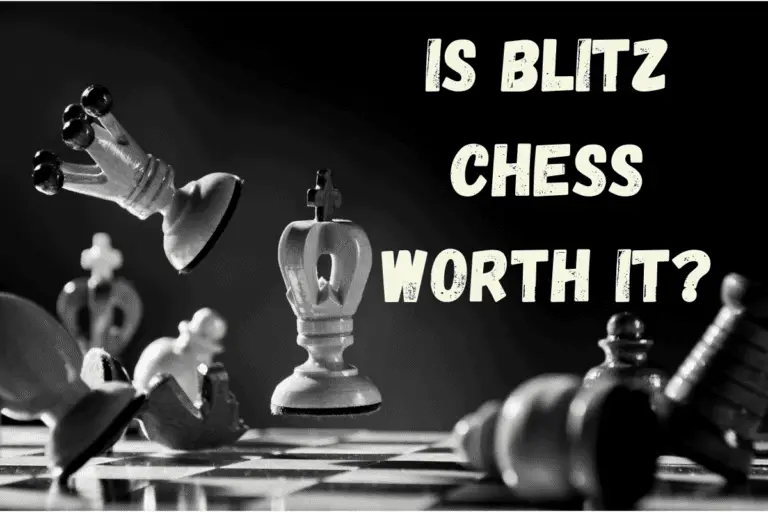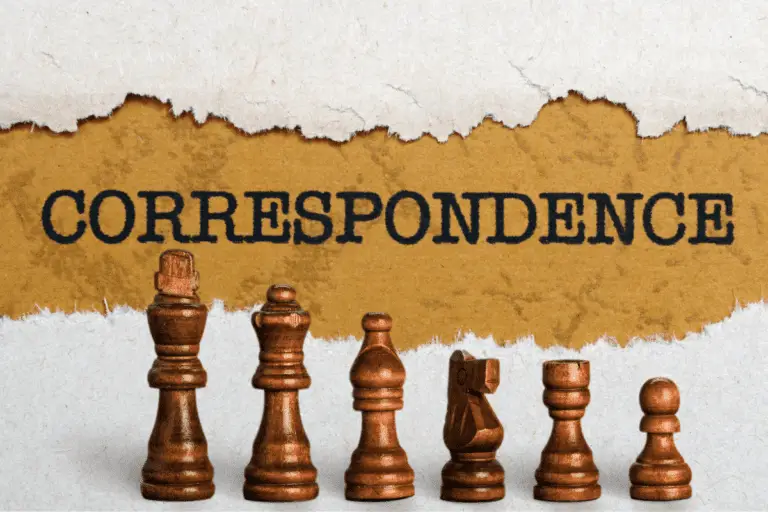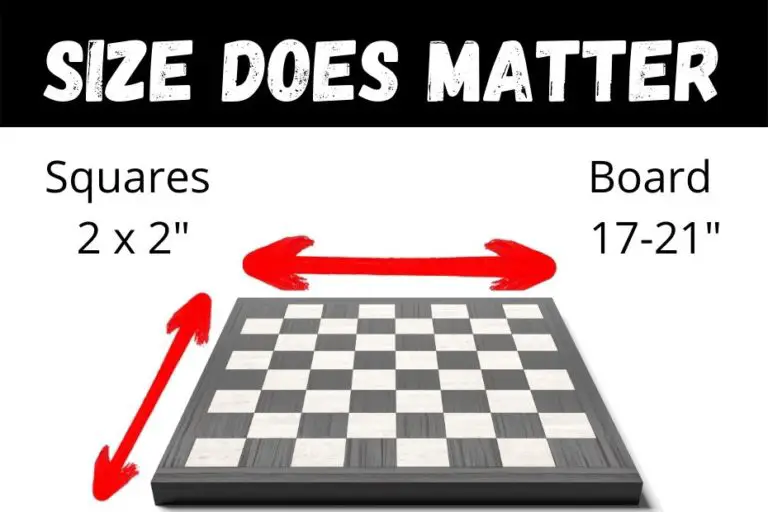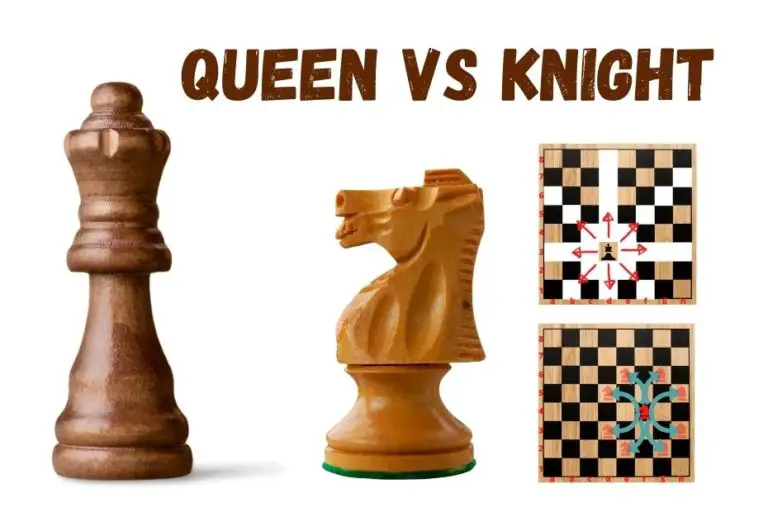Cheating in Online Chess: Is It Worth the Risk?
⭐⭐⭐ Take 7 minutes to read and improve your chess game ➡️ : This article was first published on, and is Copyright of Chessquestions.com
Cheating in online chess platforms can be tempting to some players who are struggling to win. The trouble is that there are many risks associated with cheating, which can lead to the player being suspended from playing online. We explore these risks and how they could affect your game. But how can players cheat at chess?
Cheating at chess online is as easy as using a next-move chess engine that will guide you to the best possible move giving you near-perfect attacking and defensive move accuracy and avoid making mistakes and blunders to improve your win ratio and online chess rating.
There are many dangers in cheating as an online chess player, not least of which is the closure of your account, and your information and IP details being banned from opening another. You’ll feel dirty and worthless, or at least you should.
This article will discuss how cheats do not prosper playing online chess as well as some astounding statistics to how prevalent cheating at chess is at websites, but also provide you with some reassurance that you will rarely be defeated by a cheat and have your honest chess rating affected.
Using a chess engine is an easy way to cheat but is not very satisfying
Whilst it is very difficult to become a great chess player and improve your rating to an above-average level, it is fair to say that with cheating, it becomes a much quicker process.
If you have nimble fingers and more than one device at hand, using a chess engine to cheat will be much easier. When using an online chess server to play against someone else, you can simply replicate the positions on the chessboard and ask it to suggest the next move for you in the game of chess.
It will provide you with the best possible move, either from an attacking standpoint or a defensive one.
I will not link to a chess engine that you can use to cheat in online chess, if you are that way inclined a quick google search will take you there for your nefarious needs, or perhaps your curiosity
Chess Engines are not just for cheating
A chess engine is not just for cheating, in fact, they are not designed for cheating at all, but are mostly used to train, practice, and learn to recognize the best moves in given situations. You can read more about chess engines, and computers elsewhere on the site. [Link to computer chess]
More People Cheat in Chess Than You Think
Without a doubt, there are very many people who for whatever reason, feel the need to cheat when they play chess online, and the true number of cheats may never be known. So how many people are likely to cheat when playing chess at an online website?
There have been over 400,000 chess.com accounts closed because of cheating. If we consider that the number represents those that have been caught, at first glance it is quite spectacular and disappointing. To put the number into context, the website has over 20 million members and represents only 2% of players.
That is somewhat reassuring that, you are likely to encounter instances of cheating at only one game in every 50 that you play, and very probably less than that given that there is an ongoing and automatic process to identify cheats and eliminate them from the competitive system and account closed down.
I would be happy to estimate that whilst it is a random process, you would be unlucky to find yourself up against a cheat in an online chess game for every 200 that you play.
You Might Be Surprised to Find Titled Players Cheat Too
Now, whether these players have managed to become titled through actual cheating or not remains a debate, but no doubt, but according to chess.com even 46 Grandmasters have had their accounts closed for cheating at some point.
You would imagine that a player that that level would find no need to cheat to gain an advantage, but ‘there is nothing so queer as folk’ I suppose.
More Men Cheat at Chess than Women!
One of the more incredible statistics about cheating in chess is the difference between men and women and how they conduct themselves.
Whilst it remains amazing that so many titled players have been banned from cheating, what is also quite astounding is the fact that the numbers are so skewed in the favor of women titled players being so much more honest than their male counterparts.
Just 4.57% of those banned were women, leaving 95% of the titled cheat men!!
What Happens When You Cheat at Chess?
The first thing that happens when you cheat at chess is that you win games. That in turn leads to your rating on the rise. The problem with cheating to get a better rating is that you are then pitched against strong players, whom you have no chance of beating without continuing to cheat, and so the circle goes round and round.
There is never a satisfactory conclusion to this, because, if you stop cheating, you do not possess the chess skills to maintain the rating you have gained through your cheating habits, and unless you continu, your rating drops and you feel disappointed in having to play weak players at your own level again.
If you continue to cheat to be able to compete, eventually, you will be discovered and your account closed, meaning if you do manage to get around the re-registration process, you start at the bottom again, and are back to square one.
4 Ways to Tell You Are Playing a Cheat
There are a number of ways to understand if the player that you are playing is cheating, and it doesn’t even have to be the way they are playing.
One of the best YouTube chess channels is run by Levy Rozman, otherwise known as GothamChess
he has a fabulous Video of a moment when he quickly realized he was up against a cheat, and as the game progressed showed all the signs to confirm it.
1. New Player Account with Very High Rating
If you find you are playing a highly rated player who has had an account for only a short time, you would have to wonder how they got good at chess so quickly. Of course, they may just be a very good chess player who has started playing at the site only recently, but if the rating is way over 2000, even in a short space of time, that would be an amazing achievement and would require very few losses.
2. Rapidly Increasing Rating
If the rating has gone from under 1000 to over two thousand in just a few short weeks, whilst not impossible with enough games played, it would be an unusual thing to see and a signal for investigation
3. Suspicious Win Ratios Against better players is a Signal
No matter how good you are, if a player’s win ratio is over 90%, and I would say even over 75% one the Elo rating has increased a lot, it would lead to suspicion of how the increase has remained so consistent.
It may be time to have a look at accuracy scores from analyzing their games both recently and further back in their profile record.
4. Consistently high accuracy scores
Now, even as chess.com states, ‘High accuracy is not an immediate signal to a player cheating’. In fact, they go further and state that the automated process to discover and rid the site of cheats does not account for the accuracy rating in games. I tend to think that probably not entirely true.
It is possible for a relative novice to get a high accuracy score, especially if an opponent is playing gung-ho style and the best moves are not hard to find or even achieve purely by accident as the obvious next move.
A good example of this is a recent Bullet game I played with 50% accuracy losing to a 546 rated player achieving 93.9% – not for a moment during the game did I think he could be cheating as my moves were not strong and picking the best moves each time was not hard for them.
Famous Cheating Incident
In 2014 at the Dubai Open, Grandmaster Gaios Nigalidze was found leaving a toilet stall, (That he had repeatedly visited during the game), with a mobile phone containing the current game position. He was reported by his opponent who suspected foul play after losing to him in similarr fashion in a previous tournament.
He lost his GM title after being thrown out of the tournament, and banned from playing chess for three years.
Whilst in many famous cases of suspected cheating where analysis of games has gone some way to proving something was not right, including an unknown Bulgarian player putting in a 2700 performance having beaten several grandmasters in finishing fourth in the event despite being rated only 2277 at the time, the biggest problem is providing conclusive proof.
Often it is not possible, but players will be refused entry to subsequent tournaments in an effort to prevent them from continuing to cheat the chess world.
Is Cheating in Chess Worth it?
Ultimately using a chess engine or any other method to cheat at chess for whatever reason is never worth the risk of your account, reputation, and future online chess playing activity. You’ll gain no respect, except from other cheats perhaps, and any rating you achieve will really mean nothing.
If you are putting a chess career and a grandmaster title on the line, chating at chess can not ever be deemed worth it. but who knows, there may be Grandmasters out there, earning a living from playing chess going undetected.
Ultimately, if you can not compete on a level playing field and take to using a method to fraudulently work your way up the ratings and have the choice of every possible move in chess, it doesn’t matter to me, or other chess players who play fairly, you really are only cheating and lying to yourself.
If you are cheating at competitive chess for financial gain, that is even worse, and you have no place in chess or the wider chess community.

